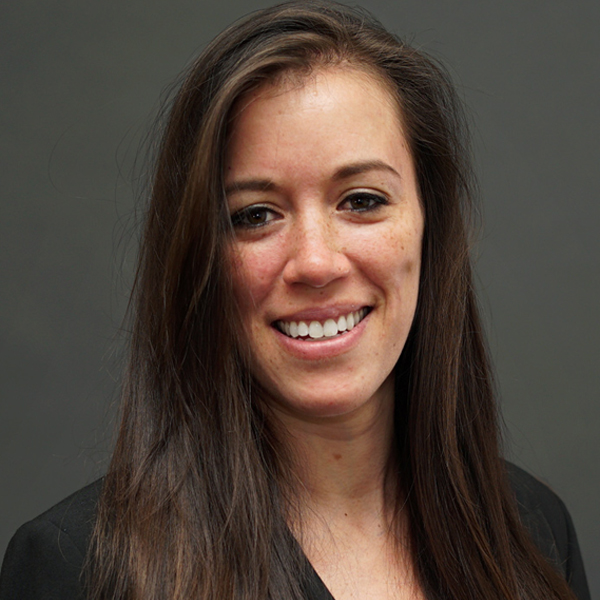
Today’s the first day of the American Public Health Association’s annual meeting (held virtually, of course). My colleagues -- postdoctoral fellow Omni Cassidy, Emmanuella Kobara, and Kaicy Naranjo -- and I will present the results of a study that aims to answer a critical health disparities question: Is the world’s largest producer of beverages promoting sugary drinks to Black consumers, while promoting low- and no-calorie drinks to White consumers?
It’s well known that diabetes and obesity disproportionately affect Black communities, but sugary drink companies have denied engaging in advertising practices that might exacerbate disparities. Our study is the first of its kind because it compares brands within one parent company, thus providing a stronger design than previous studies on the topic.
In July 2019, we identified the 100 most recent Instagram posts from a subset of Coca-Cola products (e.g., Coke, Diet Coke, SmartWater, Zico Coconut Water, etc.) and calculated each products’ sugar content. We coded the race of the person(s) featured in each post.
We found that the average sugar content for the top five products marketed toward White people was 15.2 grams per serving. In contrast, the average sugar content for the top five products marketed toward Black people was 34.5 grams per serving -- more than double the amount.
These findings are striking: they show that The Coca-Cola Company features more Black individuals in their Instagram posts for sugary drink brands, while featuring more White individuals in their low- and no-calorie drink brands. The results clearly demonstrate that these ads target Black consumers with sugary beverages and White consumers with healthful drinks.
We hope that our study is uniquely poised to create meaningful change in the way food and beverage companies promote their least healthy products to Black communities, which would be a major milestone for the field of public health nutrition.

Marie Bragg, MS, MPhil, PhD
Assistant Professor of Public Health Nutrition